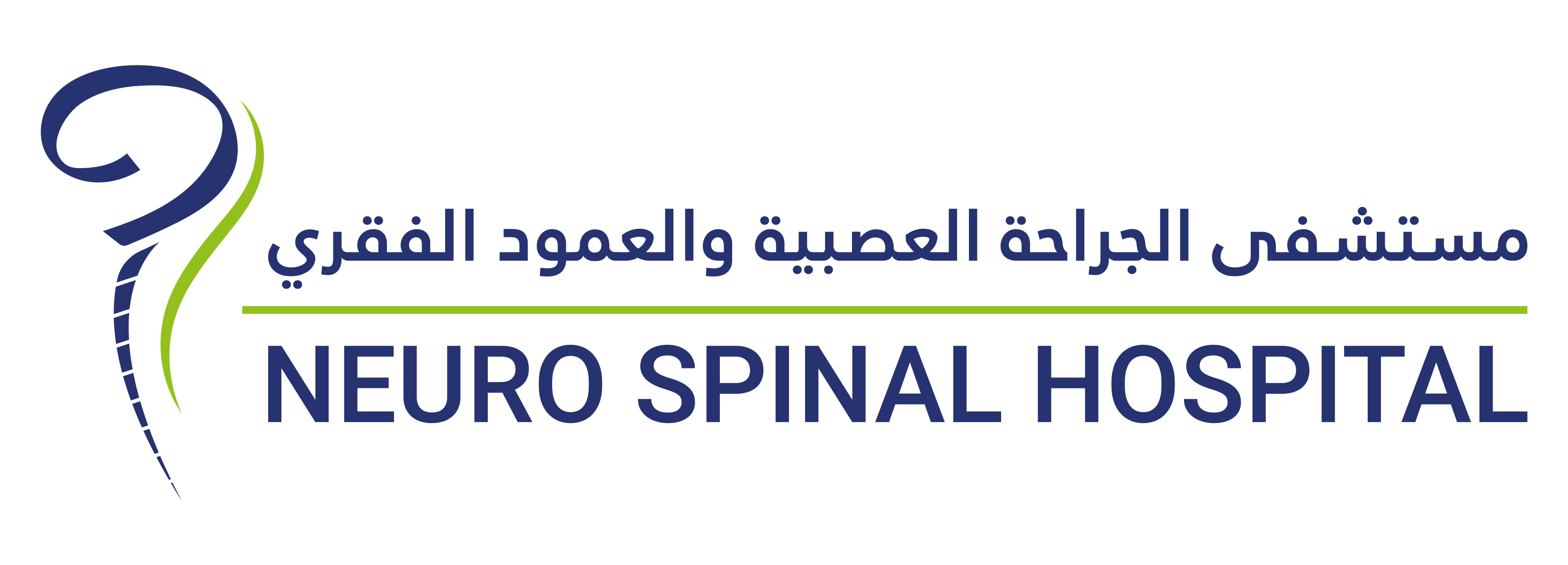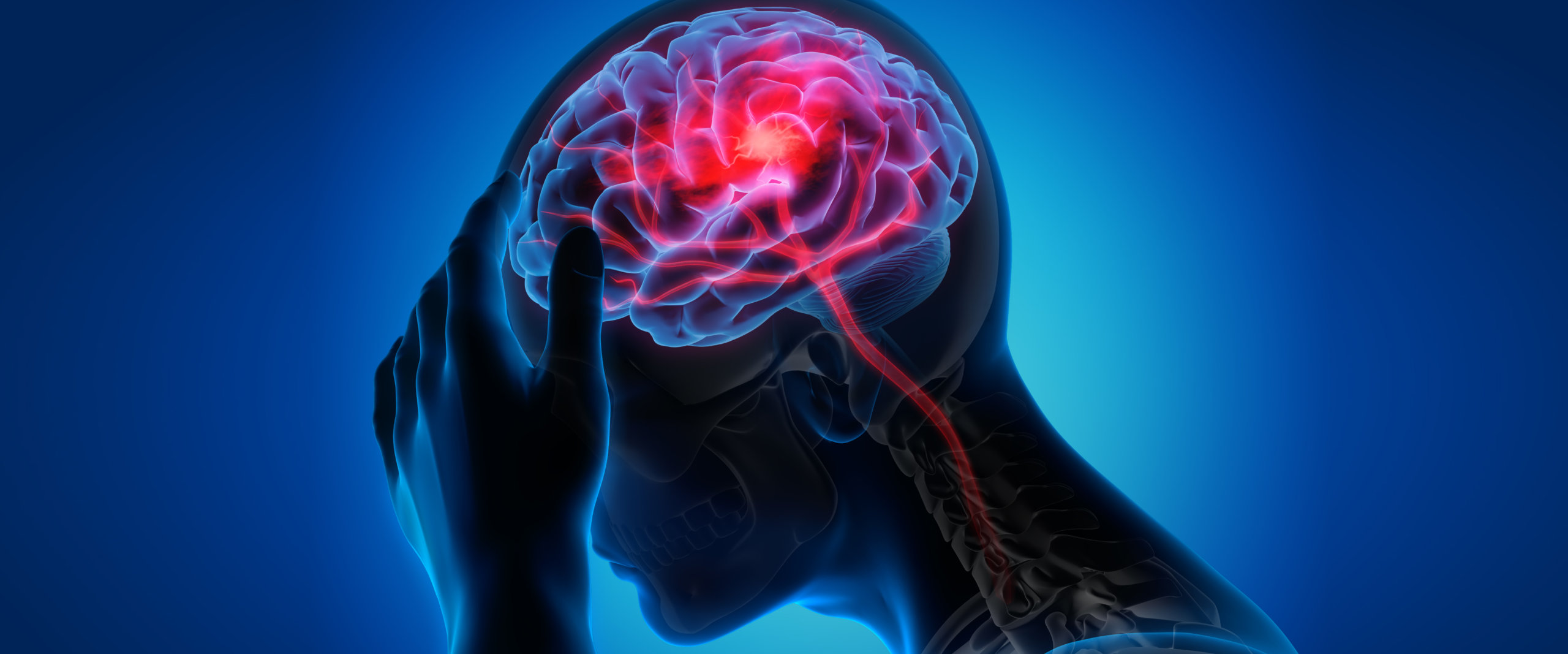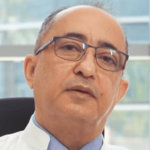Cluster Headache
Cluster headaches are distinguished by sudden-onset severe pain, generally behind one of your eyes. Even though cluster headache is the most severe type, it is less common than tension headaches and migraines. Cluster headaches mainly occur in groups, sometimes daily or multiple times a day and last 1-3 hours. The pain will recur, in the same way, each time.
Migraine
Migraine headaches are characterized by intense and throbbing pain. It can be accompanied by light sensitivity, nausea, vomiting, and loss of appetite. Migraines can last several days in some people as a result of chemical imbalances in the brain. It can also be a result of genetic causes such as heredity.
Tension headaches
These are the most common type of headaches experienced by people. Tension headaches occur when neck and scalp muscles become tense or contract due to factors such as stress, depression, head injury, or anxiety.
Symptoms of tension headaches include moderate pain on or around both sides of the head and pain in the back of your head and neck. Tension headaches build slowly and are not usually associated with nausea and vomiting. These headaches can be chronic, occurring often or even every day.
New Daily Persistent Headaches (NDPH)
New Daily Persistent Headache (NDPH) is a primary headache disorder characterized by chronic and persistent headaches that occur daily for at least a period of 3 months. Usually, common triggers for NDPH can be an infection, viral illness, surgical procedure, and stress-causing life events.








